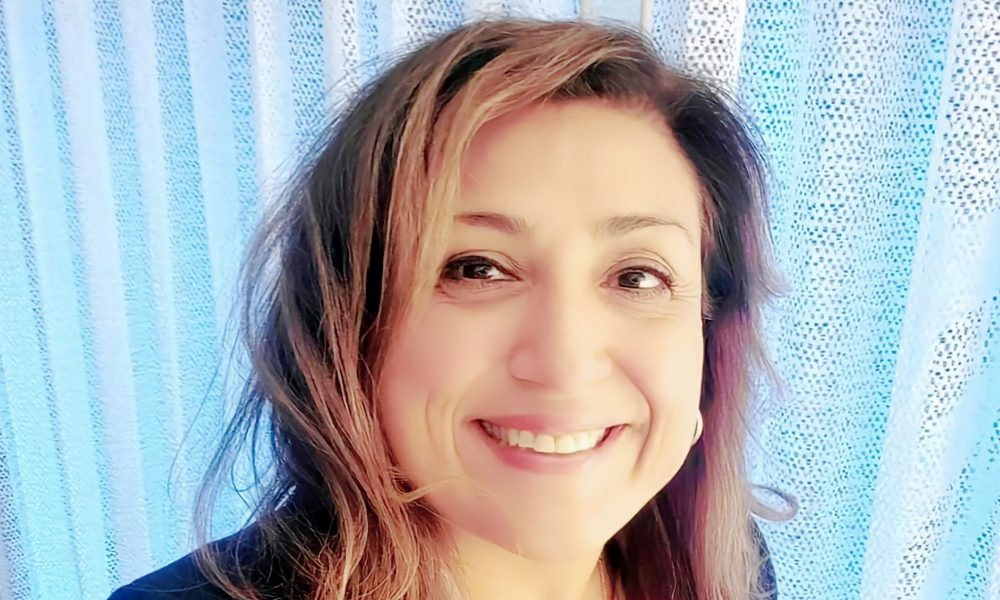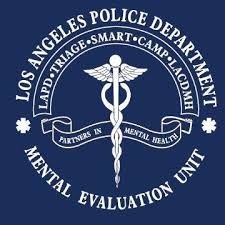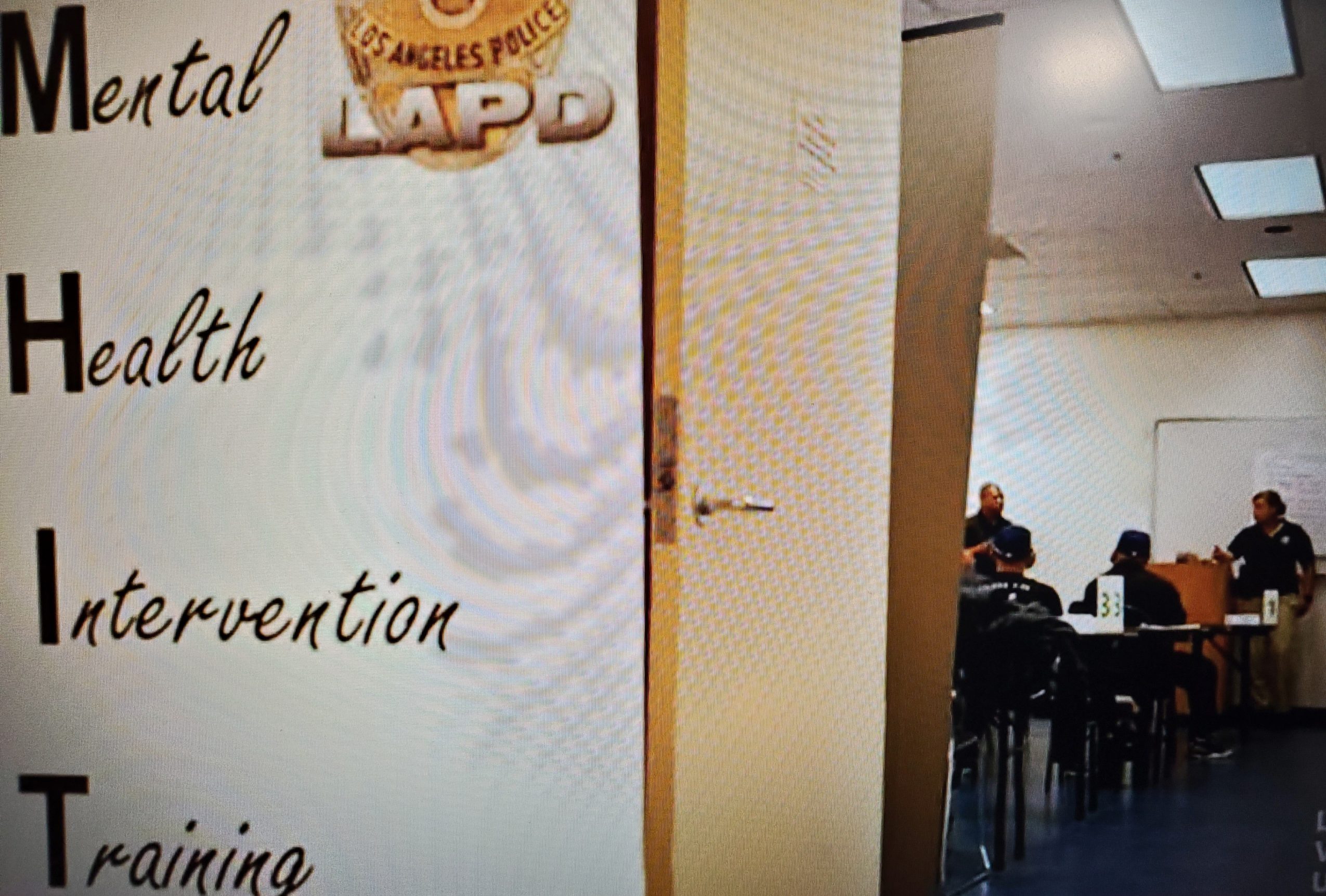

Today we’d like to introduce you to Elizabeth Reyes.
Elizabeth, we appreciate you taking the time to share your story with us today. Where does your story begin?
I was born and raised in Los Angeles, California. In 1999, I was hired by the City of Los Angeles as a Legal Clerk at the City Attorney’s Office where I first met and worked alongside officers from the Los Angeles Police Department (LAPD). I was lucky enough to work for a boss who wanted me to go on a few LAPD ride-alongs so that I could understand how criminal complaints got to my desk. Thanks to those ride-alongs, I fell in love with the profession. In 2001, I was ecstatic when I was accepted into the LAPD Police Academy! After I graduated, I worked a variety of assignments as a police officer, including five years at the Mental Evaluation Unit (MEU), Crisis Response Support Section, where I found my passion helping one of the most vulnerable populations, the mentally ill. While at MEU, I completed my Bachelor’s and Master of Science degrees in Criminal Justice.
In 2014, I promoted to the rank of Detective in the Hollywood Area and went on to investigate sensitive/high-profile cases at the Abused Child Unit, Threat Management Unit, and Internal Affairs. In 2019, I had the amazing opportunity to return to the MEU as a Supervisor, where I am currently the Officer-in-Charge of the Training Unit.
I oversee the design, development, and delivery of the Department’s training curricula regarding law enforcement’s response to persons with mental illness, including the internationally-recognized Mental Health Intervention Training (MHIT). I review and update the Department’s policies and procedures involving contacts with persons who have a mental illness and am the Department’s contact for the Law Enforcement Mental Health Learning Site Program. Since 2014, I have been an active member of the Department’s Peer Support Program. I use my platform at MHIT to share my personal story about how mental illness has affected me and to encourage officers to recognize the importance of self-care and wellness. My hope is that by sharing my personal experiences with other officers, it will help normalize the conversation and smash the stigma.
I’m a working Mom of two boys who play sports and are active and social, so I am always on-the-go! So grateful for it all!
Alright, so let’s dig a little deeper into the story – has it been an easy path overall and if not, what were the challenges you’ve had to overcome?
These past three years have been one of the most challenging times in law enforcement, filled with many struggles that we are still trying to overcome–from a global pandemic and its repercussions, the mental health and homelessness crises, and staffing shortages/recruitment struggles in the profession. Through it all, I am reminded that good and bad times are temporary, that there is hope, and that “without the sour, there is no sweet,”
Thanks for sharing that. So, maybe next you can tell us a bit more about your work?
I am most proud of the amazing group of professionals that I work with at MEU, who either go out daily and save lives or who help change the trajectory of someone’s life for the better.
My job is to help support our patrol officers by keeping them safe and out of trouble. We help do that by providing them with training that will help them in the field and to remind them that most people in the community still support them. It’s important for them to hear that message, especially during these times.
What sets me apart from others is my passion in the field of crisis intervention. I have family members who have a mental illness, I have lost partners on this job to suicide, and I have experienced post-partum depression myself. Mental illness does not discriminate. The more we normalize these conversations, the more people will be more open to asking for help.
What quality or characteristic do you feel is most important to your success?
Optimism is the characteristic I feel is most important to success. It builds my inner strength to get through tough times, to adapt and overcome, and to find alternative solutions to problems. By being optimistic, it helps encourage and motivate those around me to do better and be better and not to give up.
Contact Info:
- Website: https://www.lapdonline.org/office-of-the-chief-of-police/office-of-special-operations/detective-bureau/detective-services-group/mental-evaluation-unit/
- Twitter: https://twitter.com/LAPDMEU
- Youtube: https://www.youtube.com/watch?v=yHqDHzqR5tU
- Yelp: https://www.tgclb.org/what-we-offer/roll-call/
- SoundCloud: https://www.youtube.com/watch?v=UnSbKZy5DdU
- Other: https://csgjusticecenter.org/projects/law-enforcement-mental-health-learning-sites/




 Image Credits
Image Credits
LAPD VOLT UNIT; LAPD MEU











